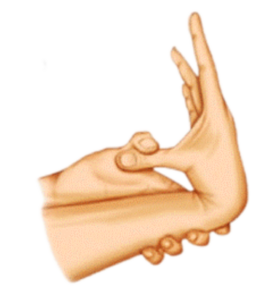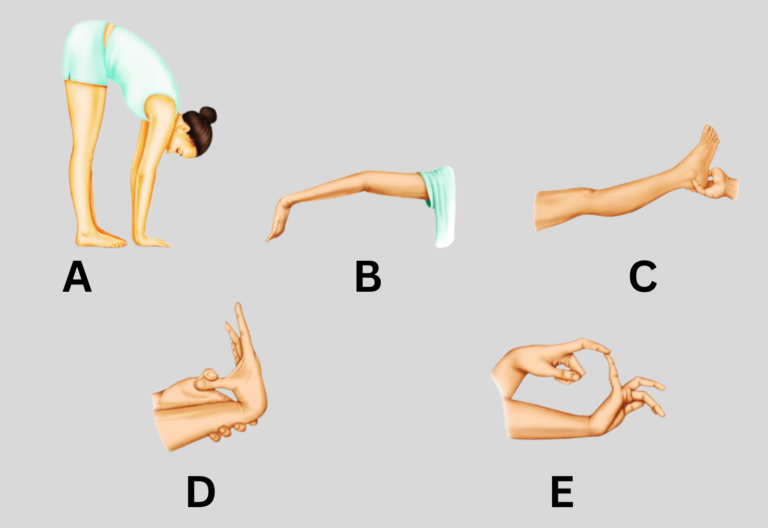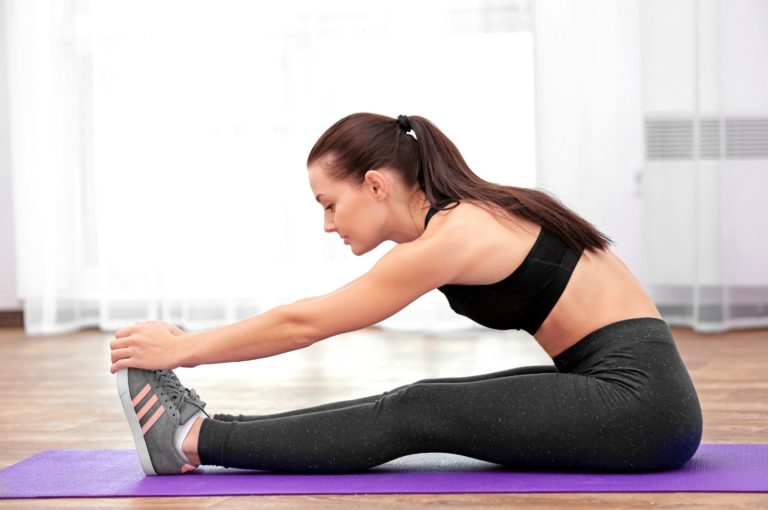Physiotherapy for Hypermobility

What is Hypermobility?
Joint hypermobility means that some of your joints stretch further than normal. It is not uncommon, and for many people, it does not cause any issues. However, for others, hypermobility can lead to pain and discomfort, instability, and even injuries over time.
Signs of Joint Hypermobility
Here are a few common signs:
- You can easily touch your thumb to your wrist or bend your fingers far back.
- Your knees or elbows seem to bend backward or over extend when you straighten them.
- You can easily bend forward and places your palms on the floor or perform the splits or other movements requiring extreme flexibility.
- You may experience joint pain, fatigue, or frequent sprains.

Many people with hypermobility lead perfectly healthy, active lives. However, if hypermobility causes you pain or affects your daily activities, it might be time to seek help.
Why Does Hypermobility Happen?
Hypermobility often runs in families (genetic) and can be linked to the way connective tissue (ligaments and tendons) is structured. In some cases, it’s associated with conditions such as Joint Hypermobility Syndrome (JHS) or Ehlers-Danlos Syndrome (EDS).
How Can Physiotherapy Help Hypermobility?
If hypermobility is causing discomfort or recurring injuries, one of our experienced physiotherapists can help:
- Strengthen muscles to support your joints and improve stability.
- Relieve pain through targeted exercises, manual therapy, dry needling, massage, and advice.
- Avoid injury by providing you with a customised exercise programme.
- Educate you on day-to-day strategies to help relieve pain levels
When to Seek Help
If you are experiencing joint pain, frequent injuries, or feel that your hypermobility affects your daily life, it is a good idea to consult with a physiotherapist. Early management can make a significant difference in improving comfort and quality of life.
As Somerton Physiotherapy we treat children and adults who are in pain due to hypermobile joints. Patient’s we treat, lead healthy lives and are able to enjoy day to day activities like playing sports, going to the gym, attending work / school and playing with their kids.

Please do not hesitate to contact us if you have any questions.
You can follow us on our Facebook page and Instagram for more updates.
